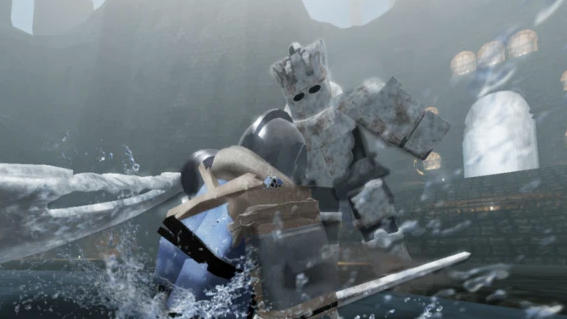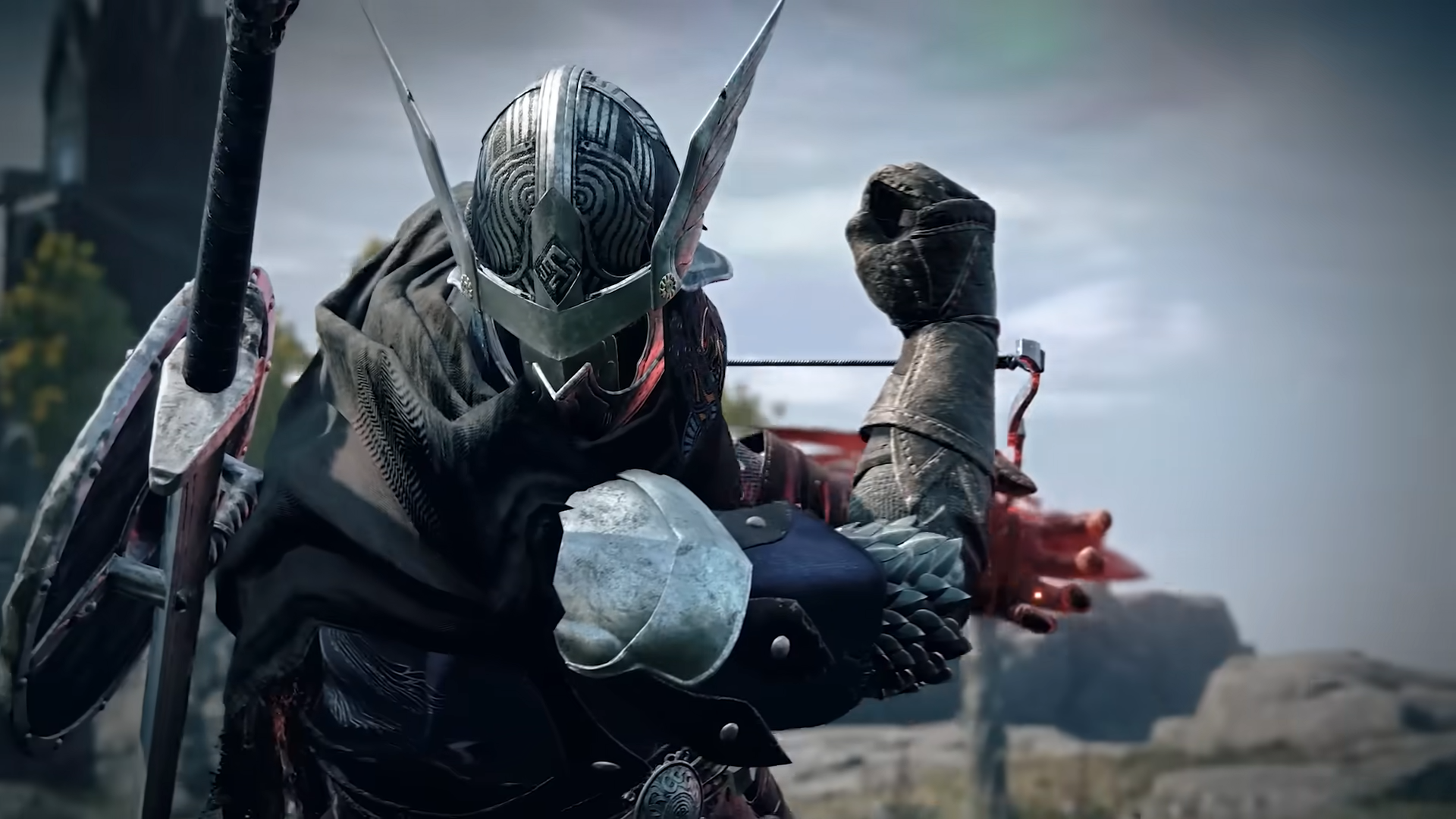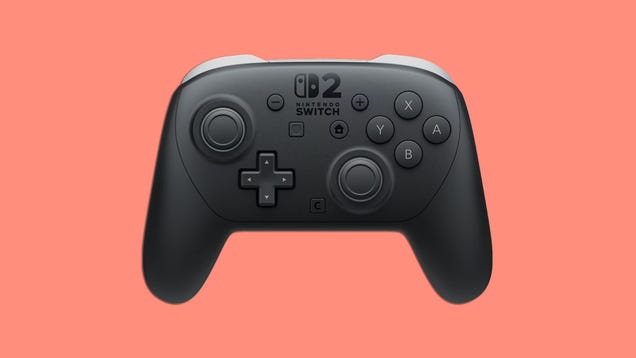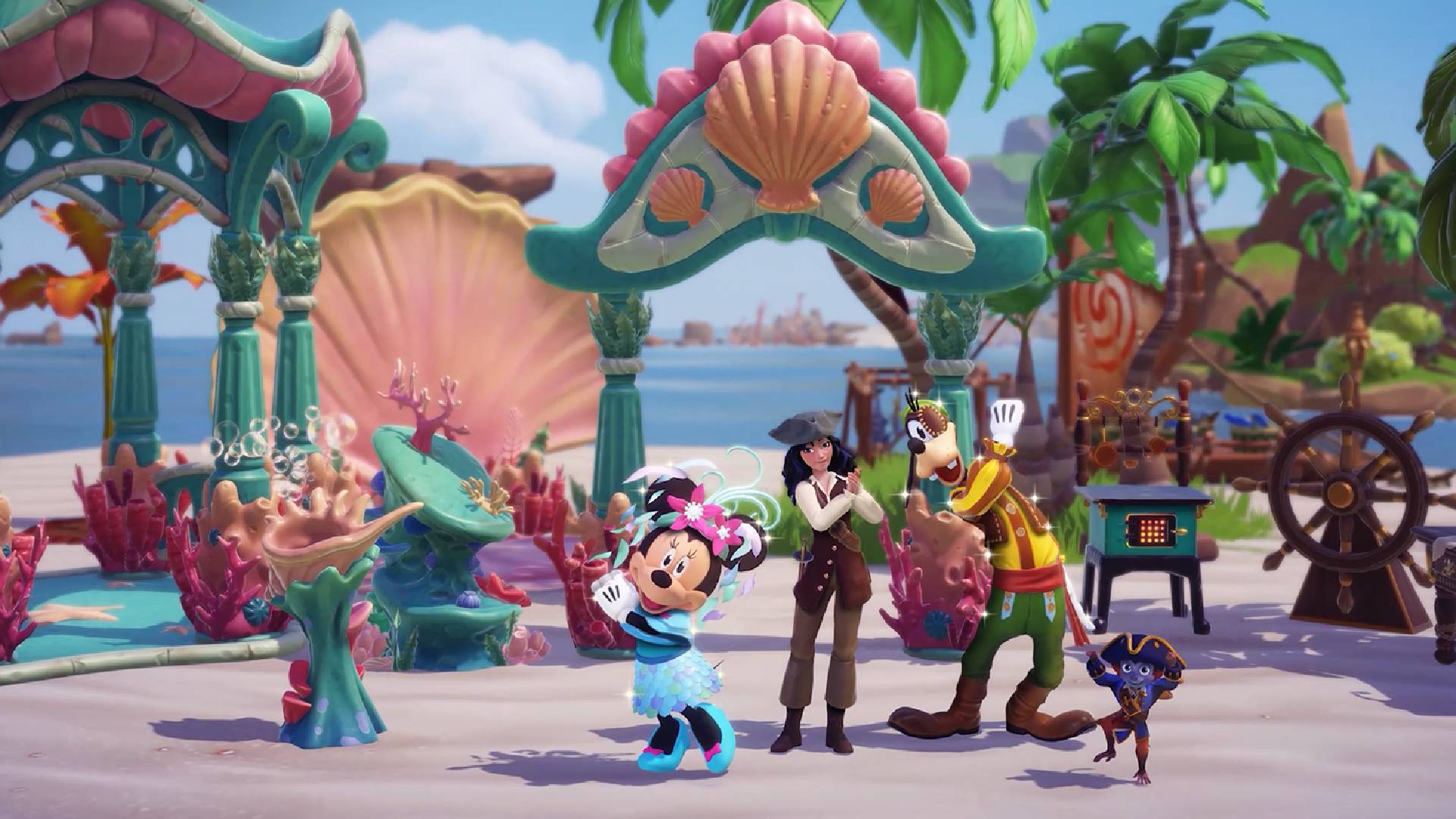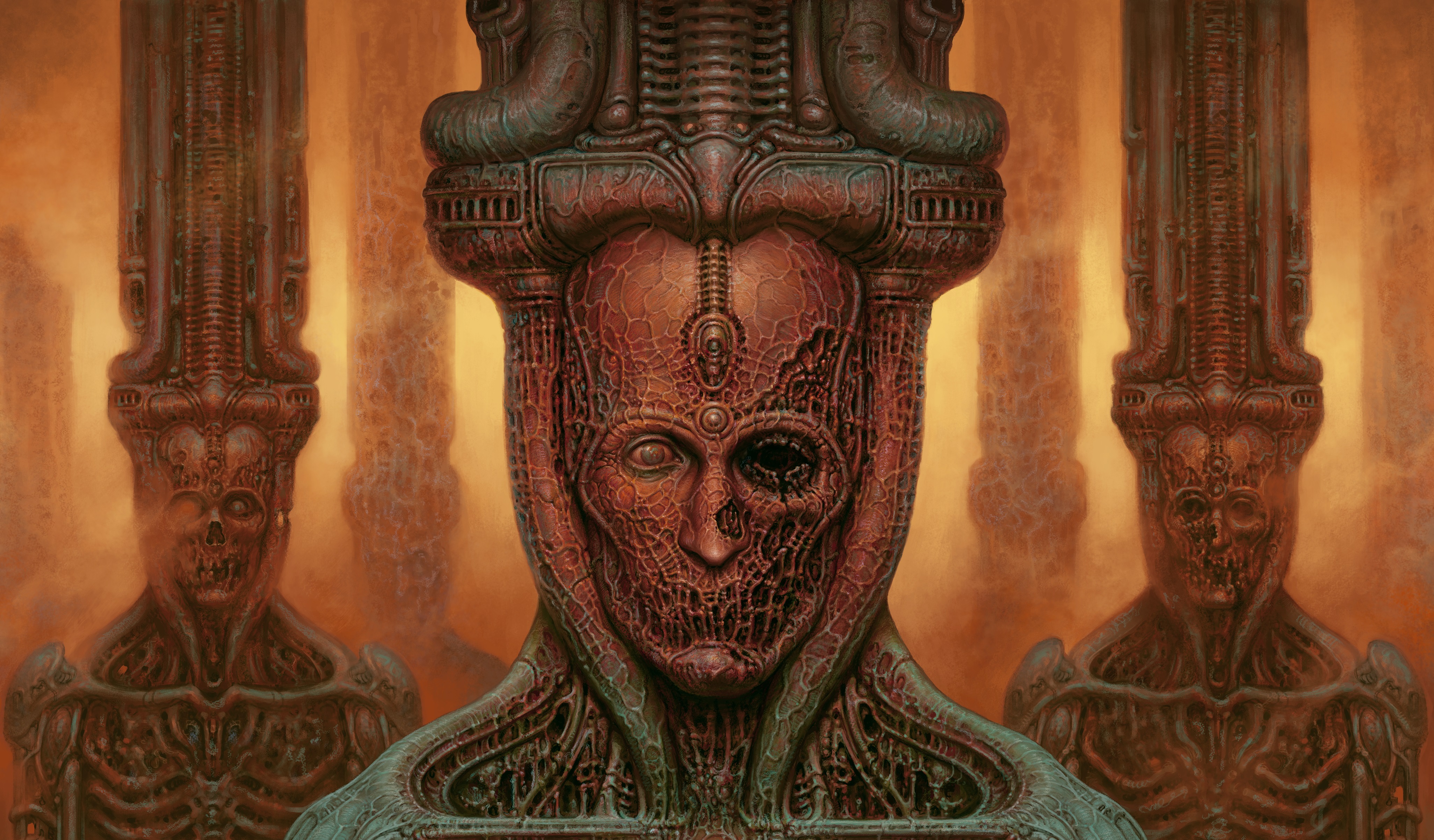
A surreal horror adventure that feels like a Harlan Ellison story.
What is it? An atmospheric first-person horror-shooter thing inspired by the art of H.R. Giger and Zdzisław Beksiński.
Expect to pay $40/£32
Release date October 14, 2022
Developer Ebb Software
Publisher Kepler Interactive
Reviewed on Core i5 12600K, RTX 3070, 32 GB RAM
Multiplayer? No
Link Official site
In 2021, a wayward pilgrim named “bogleech” expressing themselves in the crumbling remains of Tumblr insightfully compared cosmic horror to the notion of an ant exploring a circuit board. From the ant’s perspective, this is some kind of terrifying alien city, and if an ant were able to grasp, even for a moment, a sliver of a human computer’s terrible purpose and context, how could it ever go back to being an ant?
I kept thinking of that post as I played Scorn, especially during my favorite moment late in the game (some spoilers ahead, I’ll try not to be too specific), when you transition from the industrial underbelly of a forgotten civilization to its alien and terrifying, yet also still somehow mournful, regal capital.
The entire game up until now you’ve seen the gruesome brown machinery of this ancient people churning and grinding to do something, ripping familiarly human-like beings apart, sometimes while they’re still alive, for some unknowable purpose. Now you see a decaying cathedral adorned with colossal statues of these same beings, some taking heroic poses, others cradling red, glowing wombs, and many of them copulating. How did this civilization digest the contradiction in how it represented itself vs. how it treated its people?
This grey cathedral bathed in lilac light was the part of the game that most reminded me of the work of Zdzisław Beksiński, a Polish artist who “wished to paint as if [he] were photographing dreams” and is cited alongside xenomorph creator H.R. Giger as one of Scorn’s primary inspirations. The striking visual feast of the alien capital, accompanied by mournful audio, practically moved me to tears. It was so strange and wonderful, and seemed to hint at some greater mystery at the heart of Scorn.
An hour into the subsequent level, Scorn bugged out and I had to restart the chapter. You can’t manually save, and the game’s more generous regular checkpoints are only accessible through player death—from the main menu, you can only load into the start of a chapter, or occasional halfway-point markers. I speedran the parts of the chapter I’d already beaten, yada yada ancient people, yada yada unknowable purpose, beat the modicum of game I had left to play after that, and rolled credits. The technical hiccup and frustrating runback at this crucial moment really, seriously killed my buzz.
I think Scorn is a genuinely great work of sci-fi, but it vexes me sometimes.
Eureka moments
(Image credit: Ebb Software)
Scorn’s core gameplay loop reminds me most of Portal or the shrines in Breath of the Wild. You enter a new area and have to slowly pick your way through, soaking up the creepy ambience and sussing out the function of the various grotesquely biological apparatuses left behind by this lost civilization. Scorn’s protagonist looks to be a member of that civilization, maybe the last one left after everyone else went to the body-horror Rapture.
You follow lines of inquiry, pushing to dead ends, picking up keys or puzzle pieces, trying to figure out how everything ties together until it finally clicks. For example, Scorn’s first major setpiece sees you playing a sort of crane-stacking game to extract a surprising bit of cargo, then rearranging a small railway, allowing you to deliver the cargo via hand cart to its ultimate destination. I found the crane bit to be a taxing, yet enjoyable puzzle, and it was fascinating (and also a little horrifying) to then see the machinery in motion after passing it by in an inert state.
…I hustle to avoid attacks, weaving close to these weird flesh monsters to bop them with my penis gun.
There were points where my prodding and puzzling posed horrific consequences for the few non-hostile living things you encounter in Scorn’s world, and these scenes made me feel worse than any mean dialogue choice I’d accidentally chosen in an RPG. Seriously, think “denying Kim’s Aces High in Disco Elysium” for a frame of reference of how bad it made me feel. If it’s not clear, I think it rules that Scorn can deliver emotional punches like this with no dialogue whatsoever.
(Image credit: Ebb Software)
Scorn’s combat is reminiscent of classic survival horror. You move slow, enemies hit hard, and more than two facing you at once is overwhelming. To fight your foes, who mostly consist of a mindless, funguslike species of animal that’s infested the ruins, you draw on an arsenal of living weapons.
The bread and butter is a phallic melee plunger thing that has to cool off every two shots, though later you get a pistol, a shotgun, and eventually a grenade launcher. I enjoy Scorn’s combat, if enjoy is the right word. It’s tense like Resident Evil, and it always feels like I’m just barely making it by the skin of my teeth as I hustle to avoid attacks, weaving close to these weird flesh monsters to bop them with my penis gun.
Unfortunately, the punishing combat definitely exacerbated those checkpoint woes I mentioned. Before that glitch in the last level harshed my profound, cosmic horror vibe, I also lost about an hour and a half of playtime partway through. After a long Scorn sesh ending with a real bastard of a puzzle, I reached a new area and promptly died on introduction of Scorn’s most serious normal enemies—think the Lickers or Hunters in Resident Evil. It reloaded to about a minute before I fought the guys, so I quit to go do something else, figuring that I could load in right there when I next sat down to play.
I could not load in right there when I next sat down to play. I had to redo the entire act from square one, bastard puzzle and all. Proportionally then, I lost about half of Scorn’s advertised playtime of five hours to its checkpoint system. Different playing habits or simple luck could help someone avoid this sore spot entirely, but I feel like a reasonable developer-side solution would be to have a single rolling checkpoint save slot accessible from the menu.
(Image credit: Ebb Software)
Still, checkpoint shenanigans, five-hour runtime, and all, I think Scorn is worth $40. It’s striking, unique, and represents something I desperately want to see more of from triple-A and triple-A-adjacent developers: good ideas allowed to run their course instead of being stretched thin to meet ballooning playtime demands. Scorn could have certainly worked as a lower-fi, Haunted PS1-style project, but its commitment to the grotesque genuinely benefits from high-end, modern rendering. And anyway, Scorn’s cost can be sidestepped by accessing it via Xbox PC Game Pass.
Scorn’s condensed focus makes an interesting counterpoint to another first-person, horror-ish experience with a striking visual design released in 2022: Ghostwire Tokyo. Ghostwire had about five hours worth of fresh ideas stretched across 10-20 hours of open-world collecting and base-clearing, and after an intense rush of initial excitement, I slogged my way to the end of its main quest and immediately uninstalled. I’d say I value the lower amount of time I spent with Scorn more than the chunk I gave to Ghostwire Tokyo.
Scorn, in a word, rocks. It meaningfully uses its high-end art and rendering resources. Instead of 200 gigabytes of battle royale maps or the most realistic simulation of Ronald Reagan’s jowls the world has ever seen, Scorn presents something more deliberately, artistically upsetting: a truly alien world, one that by turns surprised, sickened, and genuinely moved me. I’m hopeful its checkpoint pain can be alleviated with a patch, and it’s a type of game I’d only like to see more of.
Hey there little buddy, I sure hope nothing unspeakable happens to you! (Image credit: Ebb Software)

![Oblivion Remastered’s improvements have Oblivion’s meme king hopeful Fallout 3 and Fallout New Vegas will see similar glow-ups: ‘[It’s] so much better and exactly what I have wanted for years’](https://cdn.mos.cms.futurecdn.net/rFNAJNn32VE3YqNJ3Nn3G9.jpg)
